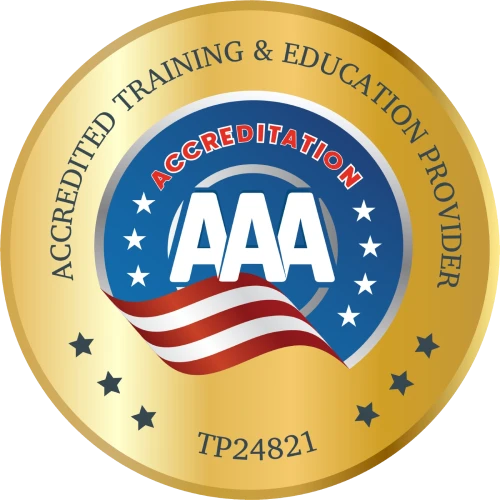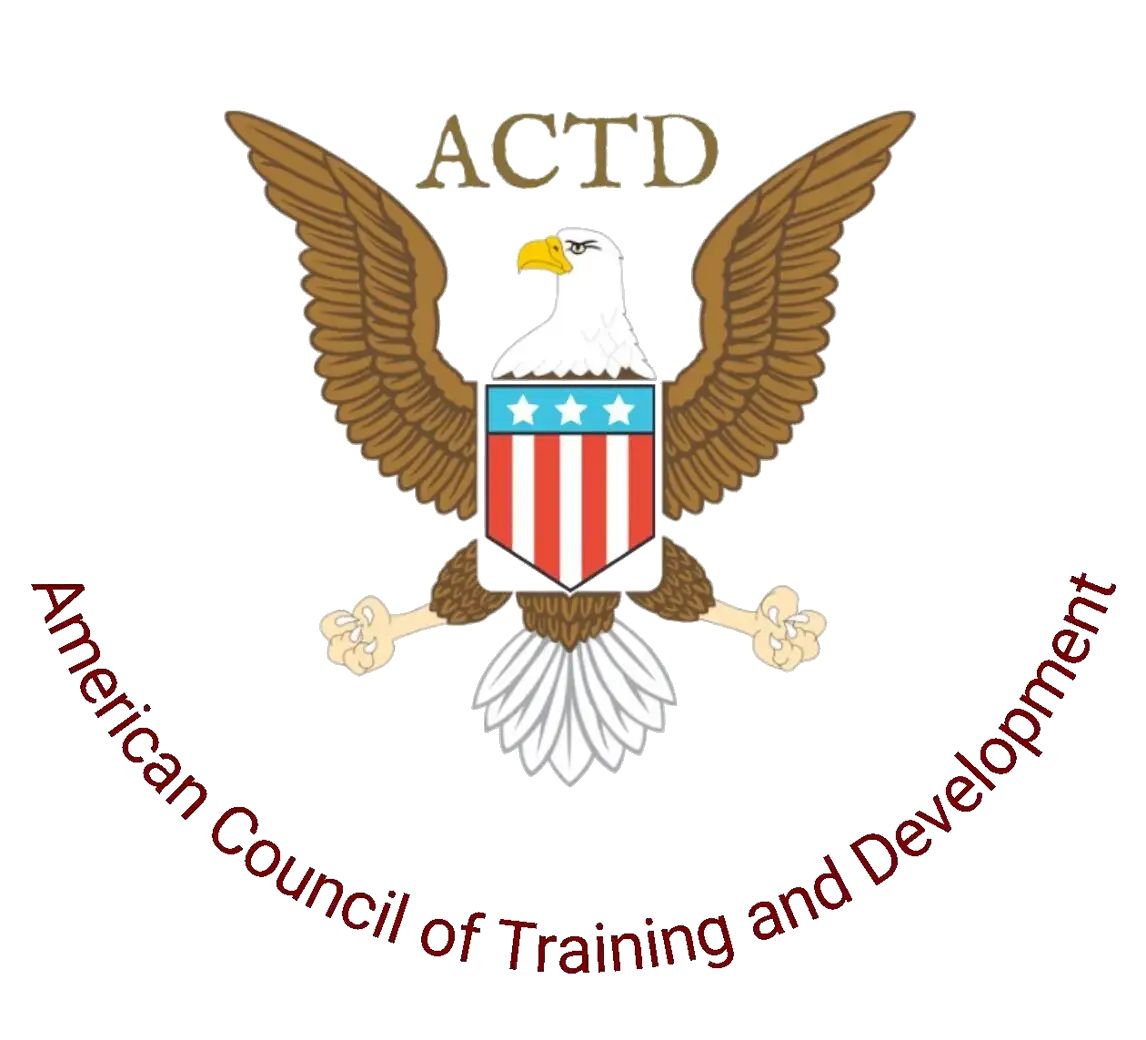Home » Advanced Automation Testing
Advanced Automation Testing
Welcome to our Advanced Automation Testing course, designed to elevate your automation testing skills to the next level. In today’s fast-paced software development environment, automation testing plays a crucial role in ensuring efficiency, accuracy, and reliability. This course is meticulously crafted to provide you with advanced automation techniques, best practices, and industry insights, empowering you to excel in the field of software quality assurance.
This course is tailored to make you a highly skilled Test Automation Engineer with extensive knowledge of testing methodologies, tools, and techniques.
Job Readiness | Career Guidance and Support | Industry Certifications | Flexible Learning Schedule
Later = Never!
Apply Now!
Our Placements














Sessions
40 Lectures
Duration
75 Hrs
Placement
100% Assurance*
Job CTC
Upto 8 LPA*
Sessions
40 Lectures
Duration
75 Hrs
Placement
100% Assurance*
Job CTC
Upto 8 LPA*
LAND YOUR DREAM JOB
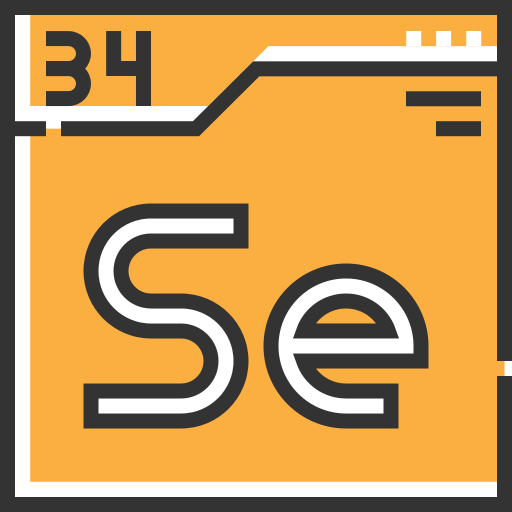
Excel as a Selenium Test Engineer at e-commerce giants like eBay
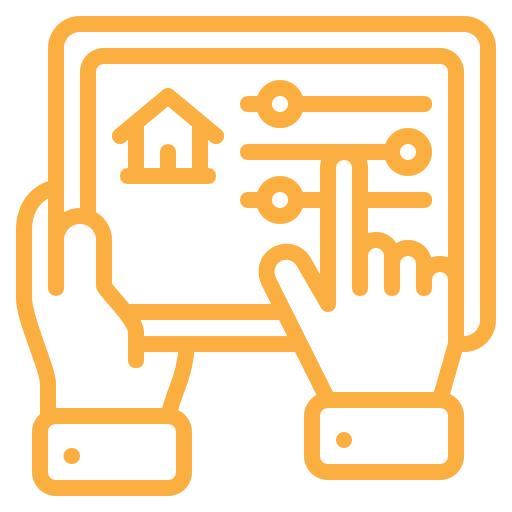
Advance as a QA Automation Analyst with digital innovators like Spotify
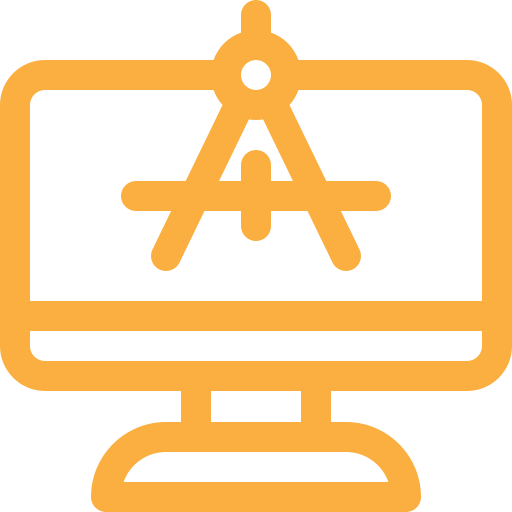
Rise to Automation Test Architect at tech leaders like Google
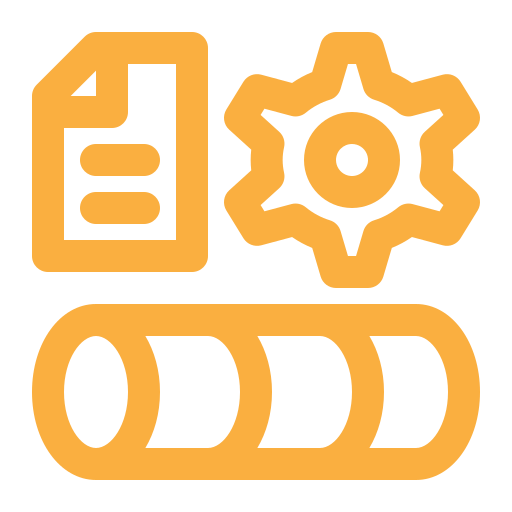
Transform into a DevOps Engineer at cloud services powerhouses like AWS
Make You Industry-Ready
EXCLUSIVE CAREER
Why Join Us?
Hands-On Training
Experience our interactive, hands-on teaching approach through a free course demo.
Industry-Leading Mentors
Learn from seasoned professionals who have pioneered advancements in their industries.
Job Readiness
Receive personalized career guidance and placement assistance.
Tools and technologies
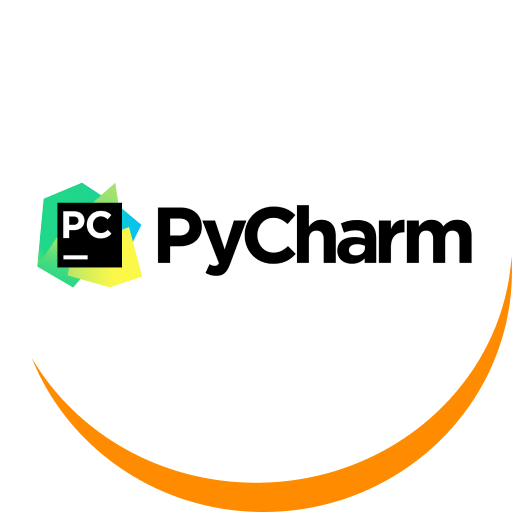

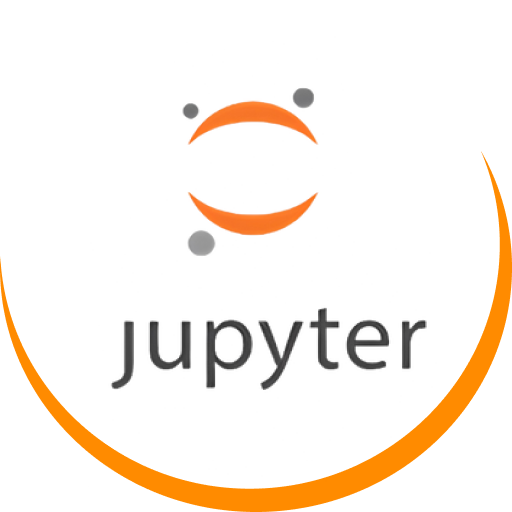
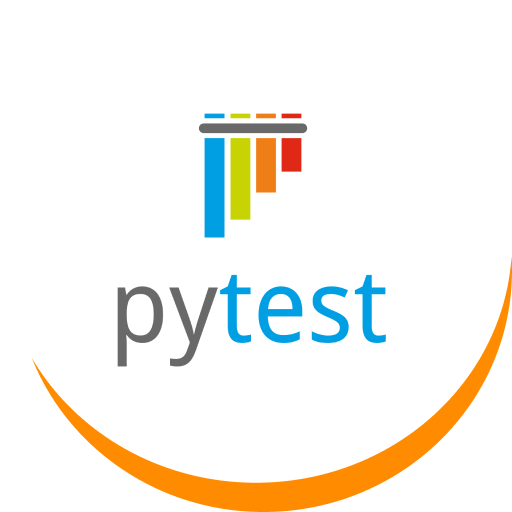

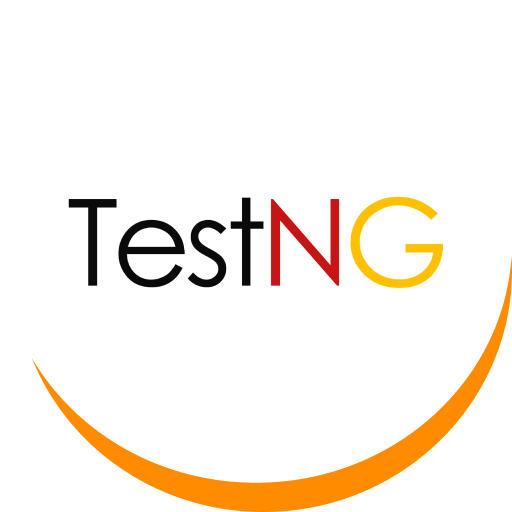
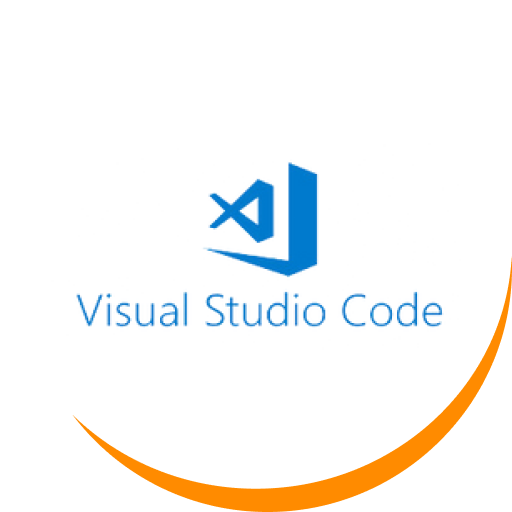
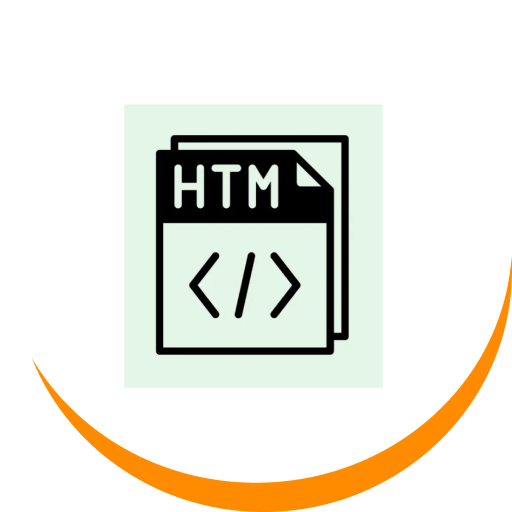

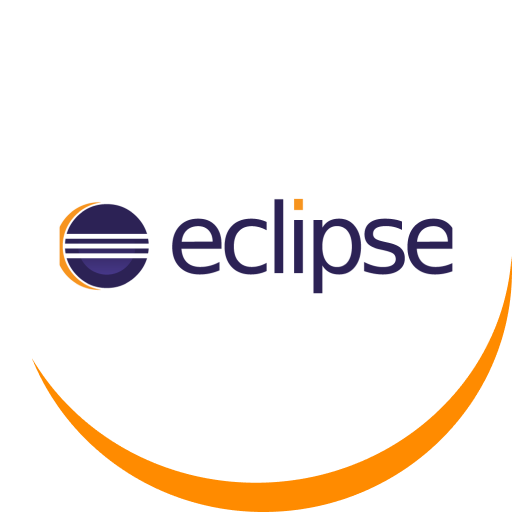

Expert-Designed Course Structure
Hands-on training with real-world projects.
Gain practical experience by working on industry-relevant projects under expert guidance.
Training From Industry Leading Mentors
Learn from seasoned professionals who have pioneered advancements in their respective fields.
Receive personalized support to sharpen your job search skills and secure rewarding opportunities.
Choose from online or on-premise training modes to suit your preferences and lifestyle.
1:1 Live Sessions
Live one-on-one training assistants via video call, chat and on-site with problem and solution guidance.
Comprehensive Curriculum
Master a wide range of concepts and techniques through a meticulously designed and up-to-date curriculum.
Course Overview
1
Advanced Test Automation Concepts
- Understanding the principles and benefits of test automation
- Exploring advanced automation frameworks (e.g., Selenium with Java or Python, Appium, Cypress)
- Learning techniques for designing scalable and maintainable automated test suites
2
Web Application Testing with Selenium WebDriver
- Mastering Selenium WebDriver for web application automation
- Writing advanced automation scripts using WebDriver APIs and libraries
- Implementing best practices for handling dynamic elements, synchronization, and test data management
3
Mobile Application Testing with Appium
- Understanding mobile automation testing challenges and strategies
- Configuring and setting up Appium for mobile application automation
- Writing automated tests for iOS and Android applications using Appium
OUR CURRICULUM
Our Interactive Course Content
Topics covered
1. Programming Language (Python or Java)
- Installation & Environment Settings
- Python / Java Basics
- Range / Arrays Arrays List
- Programming Language (Python or Java)
- Condition Looping
- Container Objects
Unpacking - Comprehensions / Data Conversion Function
- Functions
- Sorting
- Object Oriented Programming (Classes objects)
- Decorators / Access Modifiers
- Regular Expression / Java Collection
- Exception Handling
2. Selenium WebDriver (Python & Java)
- Introduction To Automation
- Introduction To Selenium
- Installation of Selenium & setting up the Environment
- Browser Related Operations
- HTML Basics
- Identification of Elements
- Browser Navigation
- Locators
- Finding Elements
- Finding Multiple Elements
- Select Class
- Selenium Synchronization
- Handling Windows / Selenium Action Class (Mouse actions)
- Selenium Common Exception
3. Hybrid Framework Design Using Python / Java Selenium
- What is Pytest Framework / Test NG
- Framework Structure
- Page object model (POM)
- Folder Structure for Hybrid Framework Design
- Automation Test Cases
- Automation Data Driven Test Cases form Excel
- Generating HTML Reports &Test Logs
- Generating Reports and keeping record of Failed Tasks
- Usage of GitHub and Jenkins
- Hybrid Framework Design (End To End Project)
Land your Dream Jobs
In Companies Like

Experience the CDPL
Training Approach
| Video Courses | Bootcamps | CDPL | |
|---|---|---|---|
| Real work experience | ✖ | ✖ | ✔ |
| True, project-based learning | ✖ | ✖ | ✔ |
| Live sessions & mentorship | ✖ | ✔ | ✔ |
| Job-ready portfolio | ✖ | ✖ | ✔ |
| Externship with top companies | ✖ | ✖ | ✔ |
| Career guidance | ✖ | ✔ | ✔ |
| Placement Assurance | ✖ | ✖ | ✔ |
Eligibility
Prior knowledge of programming language is not required. Everything will be covered from scratch.
This course can be combined with Manual Software Testing course, to gain complete and in dept knowledge of Manual & Automation testing.
Undergraduates
This course is designed for working professionals, graduates & Undergraduates who has prior knowledge of Manual Testing and want to learn Automation Testing.
Graduates
Any Fresh graduate or post-graduate looking to secure career in IT domain.
Professionals
Any working professional having experience in non-IT domain and looking to get into IT field.
Our Process
LIVE Learning
Experience Immersive Learning Through Our Live Classrooms
Onboarding Session
Kick-start Your Learning Journey with Our On-boarding Session
Certification & Placement Support
Certification to Career: Let Us Guide Your Path to Success

- Get free demo session
- Online Sessions
- Hands on session
- Placement Assurance*
Some figures that matters
Learners
Years of Industry Experience
Corporate Clients
FAQ: Advanced Automation Testing
Which type of automation testing is best?
Determining the "best" type of automation testing depends on various factors such as project requirements, technology stack, team expertise, and budget constraints. Different types of automation testing have their strengths and are suitable for different scenarios. Here are some popular types of automation testing and their respective advantages:
- Functional Testing: Functional testing focuses on verifying that the software functions correctly according to its specifications. It involves testing individual functions or features of the application to ensure they meet the intended requirements. Functional testing can be further divided into:
- UI Testing: Testing the user interface of the application to validate its behavior, layout, and interactions.
- API Testing: Testing the application programming interface (API) to verify its functionality, performance, and reliability.
- Integration Testing: Testing the interactions between different modules or components of the application to ensure they work together seamlessly.
- Regression Testing: Regression testing involves retesting the existing functionality of the application to ensure that recent changes or updates have not introduced new defects or regressions. Automated regression testing helps in quickly and efficiently verifying that the existing features still work as expected after code changes.
- Unit Testing: Unit testing focuses on testing individual units or components of the software in isolation. It helps identify defects early in the development cycle and ensures that each unit of code behaves as intended. Unit tests are typically written by developers using frameworks like JUnit, NUnit, or pytest.
- End-to-End Testing: End-to-end testing involves testing the entire application from start to finish to ensure that all components and systems work together as expected. It simulates real user scenarios and interactions to validate the application's functionality, performance, and reliability across different platforms and environments.
- Performance Testing: Performance testing focuses on evaluating the performance, scalability, and reliability of the application under various load conditions. It helps identify performance bottlenecks, latency issues, and resource constraints that may affect the application's performance in production.
- Security Testing: Security testing involves evaluating the application's security posture to identify vulnerabilities, threats, and risks. It helps ensure that the application is resistant to unauthorized access, data breaches, and other security threats.
Ultimately, the "best" type of automation testing depends on the specific goals and requirements of your project. It's essential to consider factors such as the type of application, testing objectives, available resources, and the expertise of your team when selecting the appropriate type of automation testing. In many cases, a combination of different types of automation testing may be necessary to achieve comprehensive test coverage and ensure the quality and reliability of the software.
Which framework is best for automation testing?
Determining the "best" framework for automation testing depends on several factors, including the technology stack of the application, the programming languages preferred by the team, the complexity of the project, and the specific requirements of the testing process. Here are some popular automation testing frameworks and their respective advantages:
- Selenium WebDriver: Selenium WebDriver is one of the most widely used open-source automation testing frameworks for web applications. It supports multiple programming languages such as Java, Python, C#, and JavaScript, making it highly versatile. Selenium WebDriver provides a rich set of features for automating web browser interactions, including navigation, form filling, and element interaction. It integrates seamlessly with various testing frameworks and tools, allowing for robust test automation solutions.
- TestNG: TestNG is a testing framework for Java that is often used in conjunction with Selenium WebDriver for web application testing. It provides advanced features such as parameterization, grouping, dependency management, and parallel execution, making it suitable for both unit testing and end-to-end testing. TestNG offers extensive reporting capabilities and integration with build tools like Maven and Gradle, enhancing the efficiency and reliability of test automation.
- Cucumber: Cucumber is a popular behavior-driven development (BDD) framework that allows testers to write test scenarios in a human-readable format using Gherkin syntax. It promotes collaboration between developers, testers, and business stakeholders by defining test scenarios in plain language. Cucumber supports multiple programming languages and integrates with various testing frameworks, making it suitable for acceptance testing and functional testing of web and mobile applications.
- Robot Framework: Robot Framework is a generic test automation framework that supports keyword-driven, data-driven, and behavior-driven testing approaches. It offers a simple, readable syntax and supports multiple test libraries and plugins for testing web applications, APIs, databases, and more. Robot Framework is highly extensible and integrates with tools like Selenium WebDriver and Appium for cross-platform test automation.
- Appium: Appium is an open-source automation testing framework for mobile applications. It allows testers to write automated tests for native, hybrid, and mobile web applications using a single API and supports multiple programming languages such as Java, Python, and JavaScript. Appium provides a robust set of features for mobile app testing, including device emulation, gesture support, and platform-specific capabilities.
- PyTest: PyTest is a testing framework for Python that is known for its simplicity, flexibility, and scalability. It supports a wide range of testing scenarios, including unit testing, functional testing, and API testing, and provides rich assertion capabilities and fixtures for test setup and teardown. PyTest integrates seamlessly with other Python libraries and frameworks, making it a popular choice for test automation in Python-based projects.
Ultimately, the "best" automation testing framework depends on the specific requirements, preferences, and constraints of your project. It's essential to evaluate each framework based on factors such as ease of use, scalability, compatibility with existing tools and technologies, community support, and alignment with your testing objectives. By selecting the most appropriate framework for your project, you can build robust, efficient, and maintainable test automation solutions that enhance the quality and reliability of your software.
Which type of automation is the most advanced?
Determining the "most advanced" type of automation depends on various factors, including the technology landscape, the maturity of automation tools and techniques, and the specific requirements of the testing process. However, some types of automation are considered more advanced due to their capabilities, complexity, and potential for innovation. Here are a few examples:
- Artificial Intelligence (AI) and Machine Learning (ML) Automation: AI and ML automation leverage advanced algorithms and data analysis techniques to automate testing tasks traditionally performed by humans. This includes tasks such as test case generation, test data generation, anomaly detection, and predictive analysis. AI and ML algorithms can learn from past testing experiences, adapt to changing environments, and optimize testing processes over time, making them highly advanced forms of automation.
- Robotic Process Automation (RPA): RPA involves automating repetitive, rule-based tasks using software robots or "bots." While RPA is often associated with business process automation, it can also be applied to testing processes such as regression testing, data migration, and user interface testing. RPA tools can interact with applications and systems in the same way as humans, performing tasks such as data entry, form filling, and data validation, making them highly advanced forms of automation.
- Continuous Testing and DevOps Automation: Continuous testing is an approach to software testing that involves automating testing processes throughout the software development lifecycle (SDLC), from development to deployment and beyond. Continuous testing integrates with continuous integration/continuous delivery (CI/CD) pipelines, enabling automated testing of each code change and providing rapid feedback to developers. DevOps automation tools orchestrate and automate the entire software delivery pipeline, including code integration, testing, deployment, monitoring, and feedback loops, making them highly advanced forms of automation.
- Autonomous Testing: Autonomous testing refers to the concept of self-driving or self-learning testing systems that can autonomously execute test cases, analyze test results, and adapt to changing conditions without human intervention. Autonomous testing systems use AI, ML, and other advanced technologies to automate testing processes and make autonomous decisions based on predefined objectives, constraints, and performance metrics.
- Model-Based Testing (MBT): Model-based testing involves creating abstract models of system behavior and using them to automatically generate test cases and test scripts. MBT tools analyze system models, identify test scenarios, and generate test cases that cover various paths and states of the system. MBT can improve test coverage, reduce test maintenance efforts, and accelerate the testing process, making it an advanced form of automation.
While these types of automation represent some of the most advanced approaches to testing automation, it's important to consider factors such as feasibility, scalability, and ROI when evaluating their suitability for your organization and projects. Additionally, the most advanced type of automation may vary depending on the specific domain, technology stack, and maturity of automation practices within your organization. By staying informed about emerging trends and technologies in automation, you can leverage advanced automation techniques to enhance the efficiency, effectiveness, and quality of your testing processes.
Which automation tool is better than Selenium?
While Selenium is one of the most popular and widely used automation testing tools for web applications, there are several other automation tools available that offer unique features, capabilities, and advantages. Determining which automation tool is "better" than Selenium depends on factors such as project requirements, team expertise, technology stack, and specific testing objectives. Here are a few automation tools that are considered strong contenders:
- Cypress: Cypress is an open-source end-to-end testing framework specifically designed for modern web applications. It offers a rich set of features, including automatic waiting, real-time browser reloads, and built-in test runner, making it fast and easy to use. Cypress provides a comprehensive testing experience with features such as DOM manipulation, network stubbing, and debugging capabilities.
- TestComplete: TestComplete is a commercial automation testing tool that supports both web and desktop applications across multiple platforms. It offers a user-friendly interface, record-and-playback functionality, and scriptless test creation, making it suitable for testers with varying levels of technical expertise. TestComplete provides robust support for object recognition, cross-browser testing, and integration with CI/CD pipelines.
- Katalon Studio: Katalon Studio is a comprehensive test automation tool that supports web, mobile, and API testing. It offers a rich set of features, including a built-in recorder, keyword-driven testing, and seamless integration with popular testing frameworks and tools. Katalon Studio provides a low-code approach to test automation, allowing testers to create automated tests quickly and efficiently.
- Appium: Appium is an open-source automation testing tool specifically designed for mobile applications. It supports native, hybrid, and mobile web applications across multiple platforms, including iOS, Android, and Windows. Appium provides a robust set of features for mobile app testing, including gesture support, device emulation, and cross-platform testing capabilities.
- Playwright: Playwright is an open-source automation testing framework developed by Microsoft that supports web, mobile, and desktop applications. It offers a powerful API for automating browser interactions, including support for modern web technologies such as Single Page Applications (SPAs), Web Components, and Shadow DOM. Playwright provides cross-browser testing capabilities and seamless integration with popular testing frameworks and tools.
- Robot Framework: Robot Framework is an open-source automation testing framework that supports web, mobile, and desktop applications. It offers a keyword-driven approach to test automation, allowing testers to create tests using natural language keywords. Robot Framework provides a rich ecosystem of libraries and plugins for extending its functionality, making it highly versatile and adaptable to various testing scenarios.
Ultimately, the "best" automation tool depends on your specific requirements, preferences, and constraints. It's essential to evaluate each tool based on factors such as ease of use, scalability, compatibility with existing tools and technologies, community support, and alignment with your testing objectives. By selecting the most appropriate automation tool for your project, you can build robust, efficient, and maintainable test automation solutions that enhance the quality and reliability of your software.
Is Selenium TDD or BDD?
Selenium itself is neither Test-Driven Development (TDD) nor Behavior-Driven Development (BDD). Instead, Selenium is a tool primarily used for automating web browser interactions to perform functional testing of web applications.
However, Selenium can be used within both TDD and BDD methodologies to facilitate automated testing:
- Test-Driven Development (TDD): TDD is a software development approach where tests are written before the actual implementation code. In TDD, developers write automated tests that define the desired behavior of a piece of code, run the tests (which initially fail), then write the code to make the tests pass. Selenium can be used within TDD to automate the execution of tests that validate the functionality of web applications. Developers write test cases using a testing framework such as JUnit, NUnit, or TestNG, and use Selenium to interact with web elements and perform actions such as clicking buttons, entering text, and verifying results.
- Behavior-Driven Development (BDD): BDD is a software development approach that focuses on defining the behavior of a system in terms of user stories or scenarios expressed in natural language. BDD encourages collaboration between developers, testers, and business stakeholders to ensure that software meets business requirements. Selenium can be used within BDD frameworks such as Cucumber or SpecFlow to automate the execution of behavior-driven tests written in Gherkin syntax. Test scenarios are defined in a human-readable format using Given-When-Then steps, and Selenium is used to automate the interactions described in those steps, such as navigating web pages, filling out forms, and verifying outcomes.
In summary, while Selenium itself is not inherently TDD or BDD, it is a powerful tool that can be used within both methodologies to automate the execution of tests and validate the functionality of web applications. By integrating Selenium with TDD or BDD frameworks and practices, teams can enhance their testing processes, improve collaboration, and ensure that software meets both technical and business requirements.

